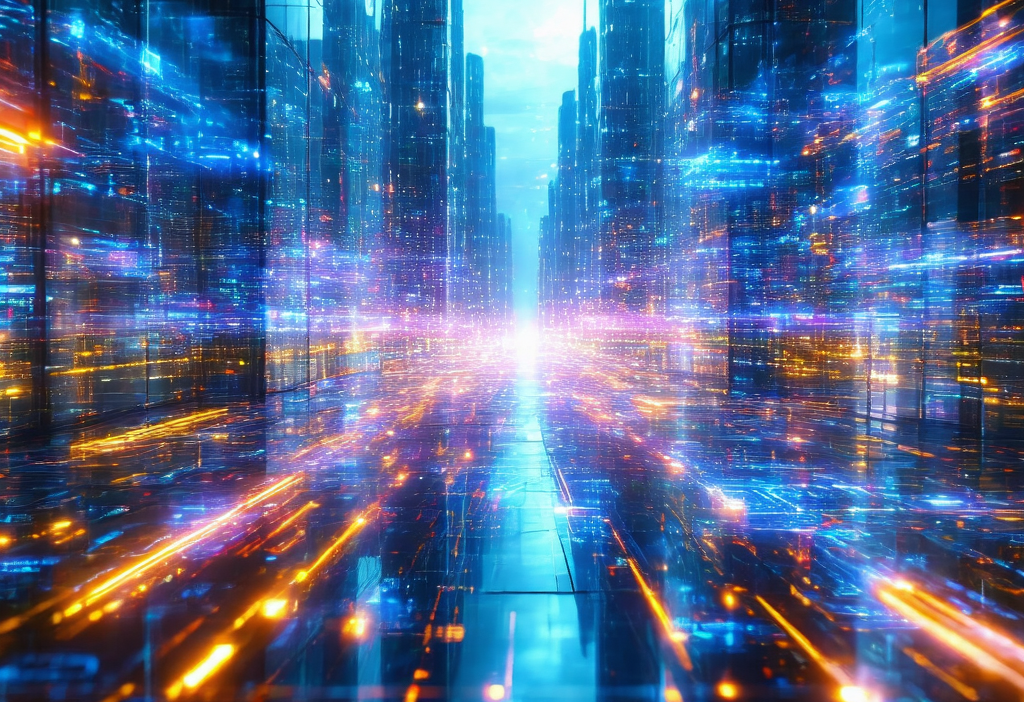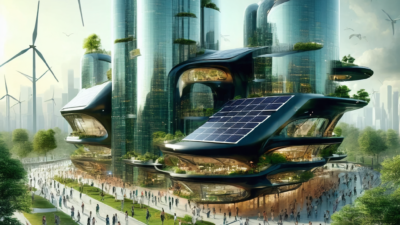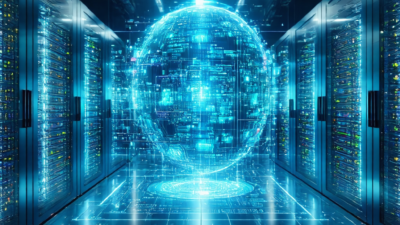How Artificial Intelligence is Revolutionizing Our World
In recent years, artificial intelligence (AI) has emerged as one of the most groundbreaking technologies, reshaping industries and redefining how we live, work, and interact. From healthcare to education, AI is proving to be a game-changer, offering solutions that were once considered science fiction. In this comprehensive guide, we’ll explore the transformative power of AI across various sectors and its implications for the future.
The Evolution of Artificial Intelligence
To understand the impact of AI today, it’s essential to look at its origins. The concept of machines mimicking human intelligence dates back to ancient times, but modern AI as we know it began in the mid-20th century with the development of algorithms and computational power. Over time, advancements in machine learning and neural networks have enabled AI systems to process vast amounts of data, identify patterns, and make decisions with remarkable accuracy.
AI in Healthcare: A Lifesaving Innovation
The healthcare industry is one of the most significant beneficiaries of AI. By analyzing medical records, images, and genetic data, AI systems can assist in diagnosing diseases faster and more accurately than human counterparts. For instance:
- Medical Imaging: AI algorithms can detect early signs of cancer or other conditions by analyzing X-rays and MRIs with high precision.
- Drug Development: AI accelerates the discovery of new medications by predicting how compounds will interact within the human body.
- Patient Monitoring: Wearable devices equipped with AI can track vital signs in real-time, alerting healthcare professionals to potential issues before they become critical.
These innovations not only save lives but also reduce healthcare costs and improve patient outcomes.
The Future of Education: Personalized Learning with AI
Educators are increasingly turning to AI to create personalized learning experiences. Adaptive learning platforms use algorithms to assess students’ strengths and weaknesses, tailoring lessons to their individual needs. This approach not only enhances academic performance but also fosters a deeper understanding of complex subjects.
Additionally, AI-powered chatbots are being used in higher education to provide instant support to students, answering questions about courses, assignments, and university services. This 24/7 availability ensures that learners receive the help they need when they need it most.
Entertainment: A New Era of Personalization
The entertainment industry has embraced AI to deliver highly personalized experiences to consumers. Streaming platforms like Netflix and Spotify use AI algorithms to recommend content based on users’ viewing and listening habits. This level of personalization keeps audiences engaged and satisfied.
Beyond recommendations, AI is also being used in the creation of entertainment. For example:
- Virtual Assistants: Devices like Amazon’s Alexa and Apple’s Siri rely on AI to understand and respond to voice commands, making them indispensable tools for managing daily tasks.
- Film Production: AI is being used in the editing process to analyze footage and suggest improvements, saving time and resources.
The Ethical Considerations of AI
As AI becomes more integrated into our lives, ethical considerations come to the forefront. Issues such as data privacy, algorithmic bias, and job displacement need to be addressed to ensure that AI benefits society as a whole.
For instance, while AI systems can make decisions based on vast amounts of data, they are not immune to biases present in that data. This can lead to unfair outcomes if left unchecked. To mitigate this, developers must prioritize transparency and fairness when designing AI algorithms.
The Road Ahead: Embracing the AI Revolution
Artificial intelligence is undeniably transforming our world, offering immense potential for positive change. However, it’s crucial to approach its development and implementation with caution and responsibility. By fostering collaboration between researchers, policymakers, and industry leaders, we can harness the power of AI to create a future that is both innovative and equitable.
As we continue down this exciting path, one thing is certain: artificial intelligence will play a central role in shaping our collective tomorrow. Whether it’s saving lives, enhancing education, or revolutionizing entertainment, the possibilities are endless. The key lies in striking the right balance between progress and ethics to ensure that AI serves as a force for good.





